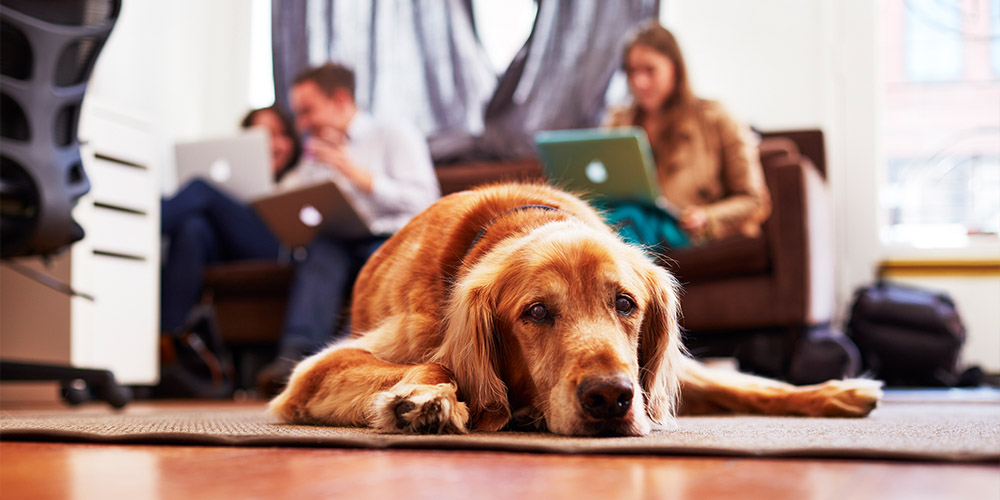Is COVID Causing Pets to Have Separation Anxiety?
Many vets warn that as we go back to work and school, our pets may exhibit signs of pets’ separation anxiety post-COVID. So what is causing this? With everyone spending more time at home, it has become normal for our four-legged friends to spend all day with us. While being close is okay, what begins to be problematic are behaviors and stress felt by your pets.
Want to help foster youth? Click HERE to donate!
How to Tell if Your Pet is Stressing
There are several ways to monitor signs of stress in your pet’s behavior. Signs of separation anxiety can vary in extremes. Animals can become more vocal, crying, or howling nonstop. They may become destructive and have accidents in the house. Sometimes it may cause self-harming behavior, like obsessive grooming, were over licking fur creates a raw spot. For some pets, they can experience full-blown panic attacks.
Of course, when we started falling into safer at-home practices we didn’t think of the long-term impact on pets. COVID causing pets to have separation anxiety doesn’t seem far off. Well if you are going back to work or school how can you prevent this?
Curbing Stress
Pets like routine. They may not be able to tell time but they always know when it’s time for treats or a walk. Start to implement a positive routine for them with breaks away from you before you go back to work in the office.
Try and take a least one hour a day apart and enforce positive behavior with treats.
Don’t Be Afraid to Reach Out for Help
We are not all veterinarians or animal behaviorists. It is okay to ask for help if you are feeling overwhelmed. pets’ separation anxiety post-COVID isn’t the worst thing to have to deal with right now. Call your vet or friends in the animal community to source support.
We hope that you and your families stay well during this time. For more fun reads on how to manage the pandemic check out our blogs HERE.

